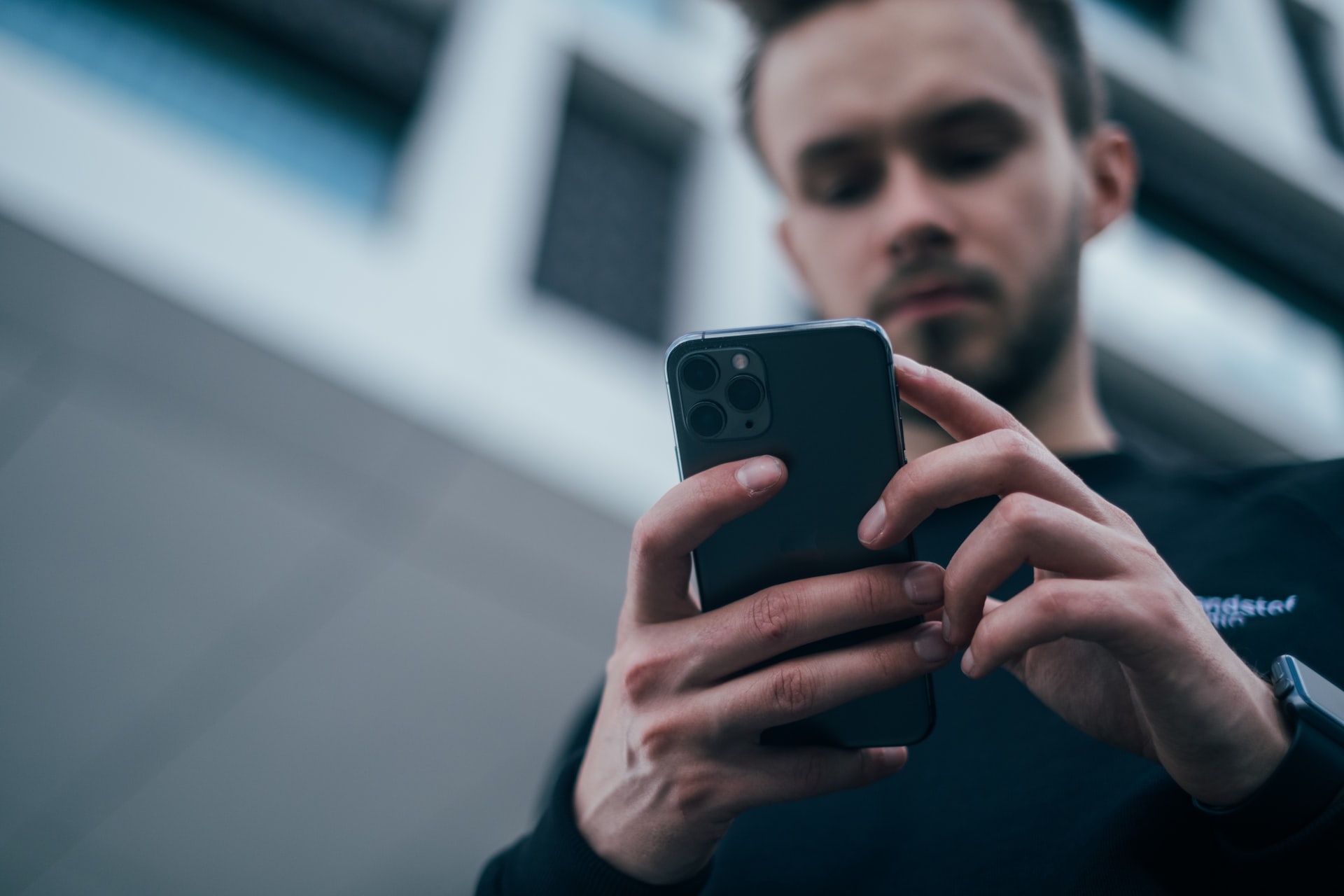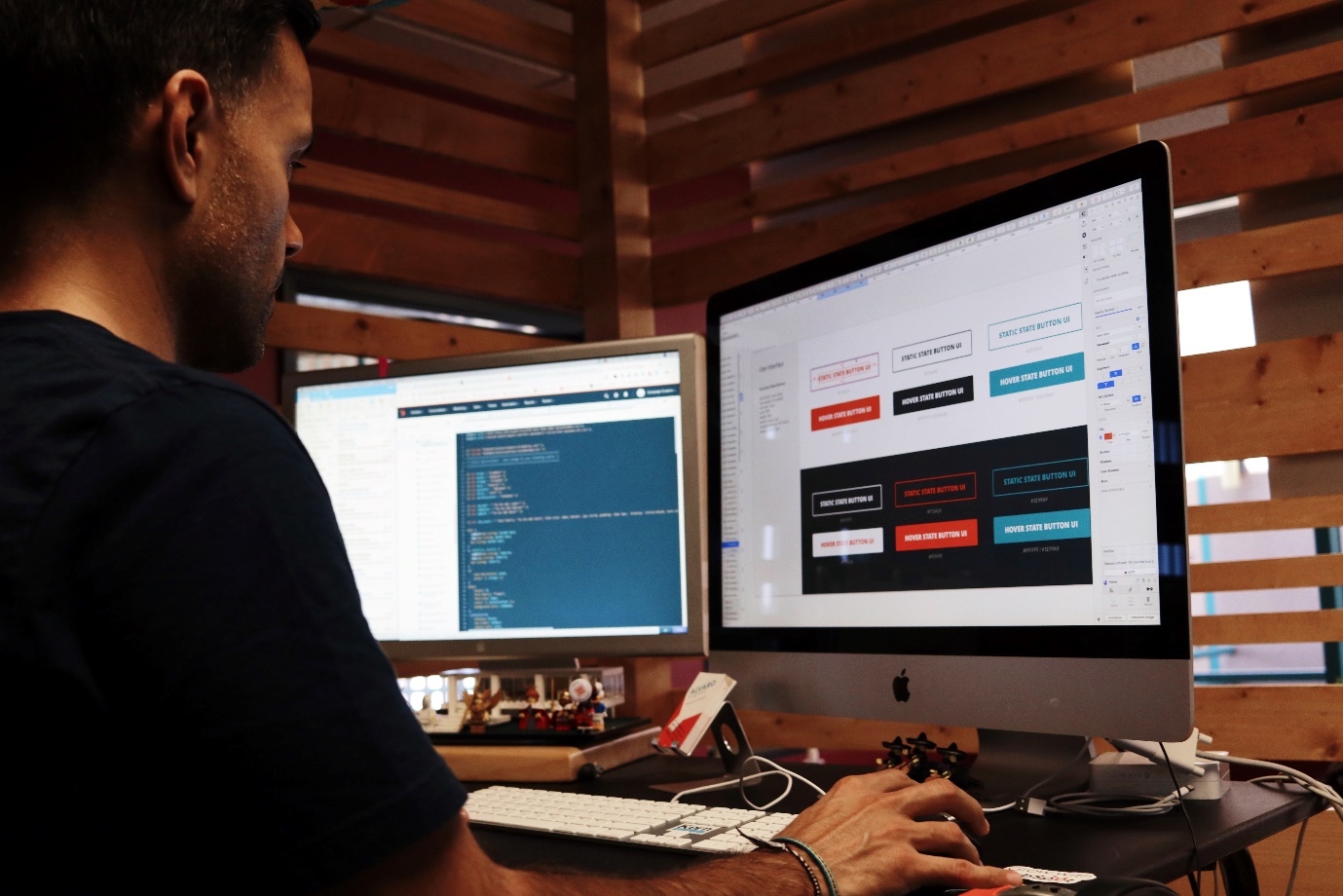Our relationship with our phones is a touchy subject. Like every complicated relationship, we can’t live without them, but too much time with them can mess up our peace of mind. Many studies have been conducted questioning this bond.
Most researchers suggest that less screen time is better. But a new study investigates the science of such research. It seems spending time with our smartphones isn’t as bad as some have suggested.
Most studies claim that smartphones affect our wellness, yet they haven’t defined the parameters of wellness. These studies are basically shooting an arrow while blindfolded, hoping to hit something along the way. Obviously, technology affects us immensely, but it’s important to know exactly how.
We have altered our social and cultural habits around our electronic devices. Yet there is no way to measure the actual effect of technology on our minds and bodies.
Basically, there is no solid way to define “wellness” and how smartphones and other screen impact it. Oxford University researchers drew this conclusion just this week after analyzing a slew of data sets and creating meta-study that analyzed the relationship between smartphone use and wellbeing in youth.
Researchers Amy Orben and Andrew Przybylski argued that part of the problem in previous research was the large datasets used in the studies. You might think well this should be a good thing (and normally it is), but in this case, the larger the group studied, the less relevant the results are to any individual.
Orben and Przybylski’s study, “The association between adolescent well-being and digital technology use,” appears in this week’s issue of the journal Nature Human Behaviour.
In their paper, the authors that larger data sets also meant more chances of false positives and anomalies. There are many small variables that often get overlooked or are extrapolated from previously held notions. These variations can have a snowball effect, adding bias to future studies.
The scientists re-analyzed the large datasets and looked at all the possible conclusions instead of looking for one outcome. The paper found there was a very small correlation between smartphone usage and adverse effects. The scientists even noted that other factors such as wearing glasses or riding a bicycle had a more significant effect on well-being than screentime.
To clarify what the scientists mean by this, let’s take a look at a relatable example. Say a study says that users who use Facebook for more than two hours are more likely to be depressed. Such a study might look at depressed people and ask them about their Facebook usage. Or take Facebook users and only ask them about depressive symptoms. They’re fishing for a connection. But a more robust methodology would look at more than just those two factors. In fact, it might look at the role of ADHD (or any other health outcome) and Facebook use, or even try to see if the same correlations could be made between Facebook use and a much better social life. The point is, scientists can often find what they’re looking for and they need to expand their searches before they come to conclusions. But this also has its drawbacks.
In this new study, any and all statistically significant results were drawn out and compared with one another. The researchers proved that datasets this large had a hard time producing meaningful data because there were so many ways of combining results.
They concluded that many studies (large and small) have been inconclusive and that researchers need to rethink their strategy going forward. Their main suggestion was that future researchers should not only design their experiments more carefully but also be more transparent about their analysis.
Researchers should analyze every possible connection no matter how trivial it may seem because as the latest meta-analysis showed, even the smallest of details could reveal new parts of the story. By being more transparent, researchers will be able to get rid of any preconceived biases and allow readers to decide if they are convinced by the data collected and the way it was analyzed.
This study sheds some light on how easy it has been to produce bad knowledge that leads to bad policy.
For example, “video games make people violent” rhetoric is still being. Even Trump blamed video games for school shootings and held a meeting with videogame publishers to try and make video games “safer.” It was a great way to draw people’s attention away from matters of importance.
The “video games make people violent” argument has been disproved multiple times. Now it looks like “the smartphone usage is bad” argument needs some further discussion as well. Of course, anything in excess can be bad, but these things aren’t even in and of themselves.




Share Your Thoughts